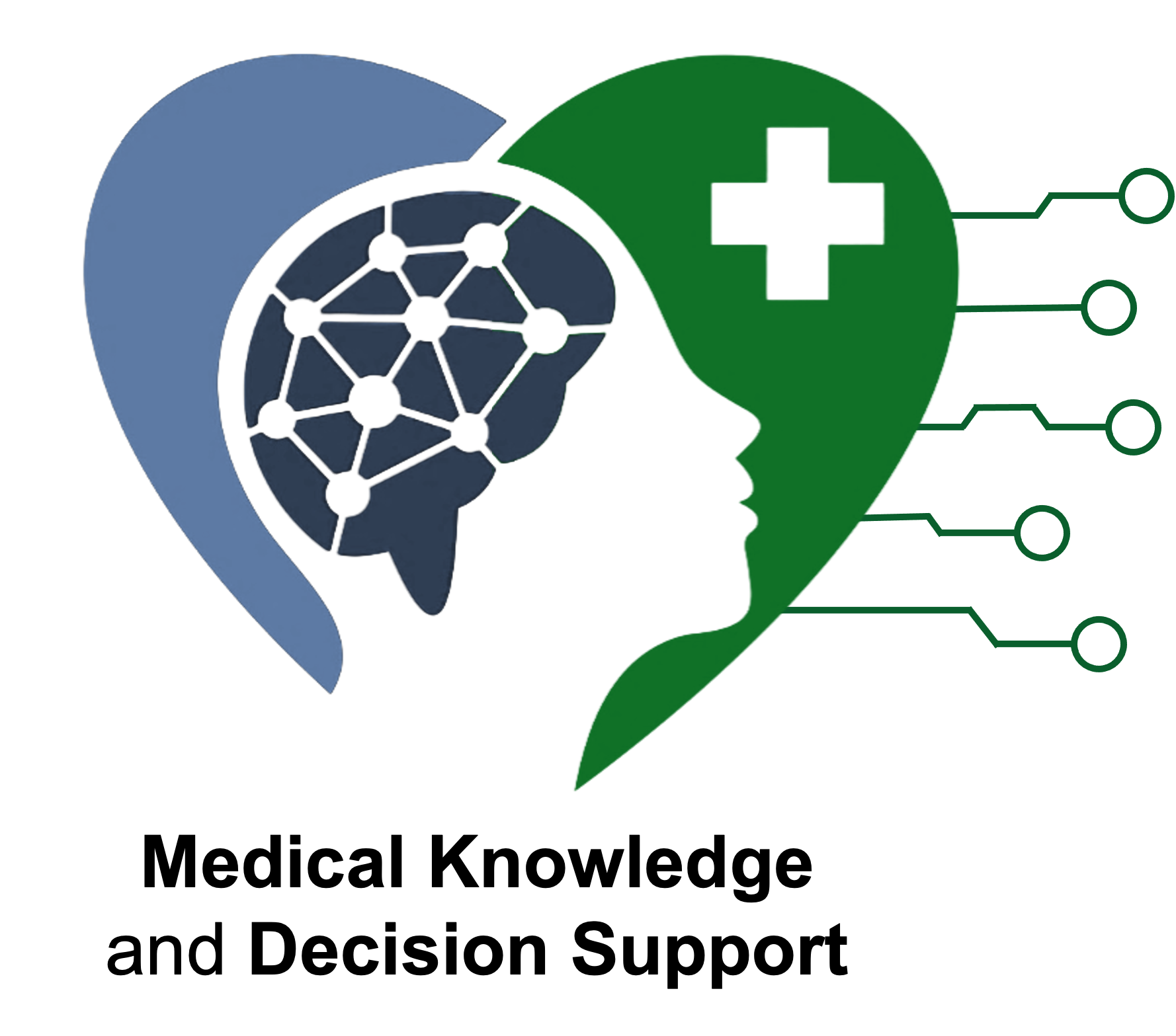In our recent study conducted in Switzerland, we found that 80% of healthcare professionals were frustrated with the digital tools they are using in hospitals.
Despite decades of technological advancements, usability challenges persist. To investigate this issue and clinicians’ general experiences with digital tools, the chair of Medical Knowledge and Decision Support conducted in-depth qualitative interviews with 52 healthcare professionals from 24 medical specialties across 14 Swiss hospitals.
Our study uncovered key insights into:
- the use of digital tools in hospitals
- workflow integration
- care delivery experiences
- the current state of digital transformation
Moreover, we identified 6 intriguing paradoxes that might explain the ongoing challenges in hospital digitalization, including
- the promise of efficiency vs. the reality of inefficiency
- shift from face-to-face to interface
- juggling frustration and dedication
- the illusion of information access and trust
- the complexity and intersection of workfloMediws and care paths
- the opportunities and challenges of shadow IT

